Dallas
214-456-8000
Fax: 214-456-8005
Plano
469-497-2505
F: 469-497-2511
Park Cities
469-488-7000
Fax: 469-488-7001
Prosper
469-303-5000
Fax: 214-867-9511
At Children's Health℠, we provide expert and compassionate care to improve your child’s digestive health. Ranked among the top pediatric specialists by U.S. News & World Report, our team tailors care to each child’s unique needs.
Our Therapeutic Endoscopy Program is the only program of its kind in North Texas, offering minimally invasive procedures to treat digestive disorders without surgery. Our experienced pediatric gastroenterologists (specialists in digestive disorders) provide safe, effective endoscopic procedures including polypectomy for children of all ages, from infants to teens.
214-456-8000
Fax: 214-456-8005
469-497-2505
F: 469-497-2511
469-488-7000
Fax: 469-488-7001
469-303-5000
Fax: 214-867-9511
A polypectomy is a procedure to remove a polyp (abnormal growth) in your child’s intestines. Your child’s gastroenterologist uses a scope to view and take out the polyp. A scope is a long, flexible tube that has a camera, light and special attachments.
The procedure for a polypectomy varies depending on the polyp’s location:
Although most polyps in children are not cancerous, removing a polyp is still a good idea. It may help prevent polyps from becoming cancerous in the future.
A polypectomy can relieve symptoms caused by polyps, which include:
After your child’s polypectomy, they may have some short-term side effects that go away within a day or two. They might include:
Your child’s care team will explain what you can expect and give you tips on managing any side effects after your child’s procedure.
Like any medical procedure, polypectomy has some risks, including:
Our expert gastroenterologists have years of experience performing polypectomies. Their experience helps them reduce your child’s risks of complications and keep them safe throughout the procedure.
The pediatric gastroenterologists and their teams in our Therapeutic Endoscopy Program will perform your child’s polypectomy. The care team will answer any questions you may have about your child’s procedure and what will happen after their polypectomy.
A polypectomy may take 30 to 45 minutes. Your child will be sedated during the procedure to help keep them comfortable and calm. We will keep you updated on their procedure when you are in the waiting room.
Once your child is sedated, the gastroenterologist will place the endoscope through the mouth or the colonoscope through the anus, depending on what procedure your child is having. Using this specialized tool, they will be able to see inside your child’s intestines. They will see the polyp and insert a special tool through the scope to remove it.
Once they have the polyp, your child’s doctor will remove the endoscope or colonoscope. The anesthesiologist will stop sedation so your child begins to wake up.
You can meet your child in the post-anesthesia care unit, so you’ll be there when they wake up. They will need to spend about an hour in this unit, waking up and recovering from their procedure. They might have a scratchy throat if they had an endoscopy. They can drink water in the recovery area to help.
Your child can then go home. They might feel groggy for the rest of the day after the sedation, but they can eat or drink normally. Your child can get back to their regular activities, such as school or sports, the day after their procedure.
A pathologist (a doctor who specializes in diagnosing conditions) will look at your child’s polyp in a lab. They will let you know more about what type of polyp it is and whether it is cancerous or noncancerous. You will get these results from your child’s gastroenterologists about a week after their polypectomy.
To reduce the risk of bleeding during your child’s procedure, they need to avoid taking certain medicines for at least a week before their procedure. They should avoid:
Your child’s intestines will need to be as empty as possible before their procedure, whether they are having a colonoscopy or endoscopy.
For endoscopy, your child should have an empty stomach. Starting at midnight the night before their procedure, you should not give them any:
Your child can have clear liquids such as water, apple juice or Pedialyte until three hours before their endoscopy. It’s a good idea to have snacks or food ready for them after their procedure.
A colonoscopy takes a little more preparation. The day before your child’s endoscopy, they should only drink clear liquids such as:
Your child will also need to drink some laxatives the day before to clear out their intestines. Your child’s doctor will give you the exact dose they need to drink and tell you how fast they need to drink it all (typically within 4 hours).
You can mix laxatives with Gatorade or juice to make it taste better for your child. Your doctor’s office can give you other tips for helping your child the day before their procedure.
We encourage you to ask your child’s gastroenterologist any questions you have about polypectomy, including:

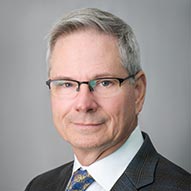
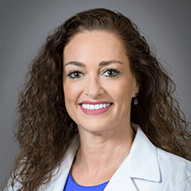
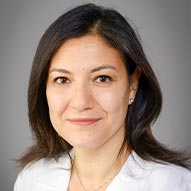


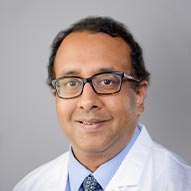
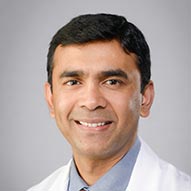
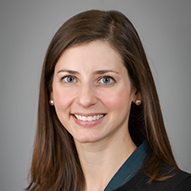
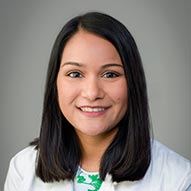

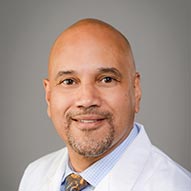
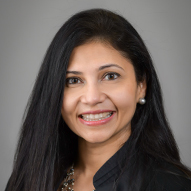
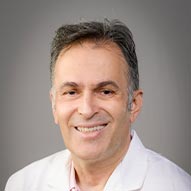






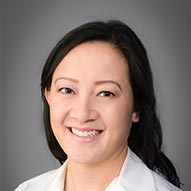

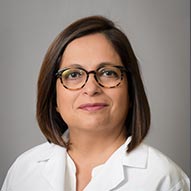
Children with polyps might experience diarrhea, constipation, blood in their stool or abdominal pain. A polypectomy can relieve these symptoms and reduce the risk of colon cancer later in life.
Because polyps can become cancerous, it’s a good idea to remove any polyps whenever they are found.
A polypectomy performed by colonoscopy takes about 45 minutes. A polypectomy performed by endoscopy takes about 30 minutes.
Your child can get back to their normal activities the day after their polypectomy.